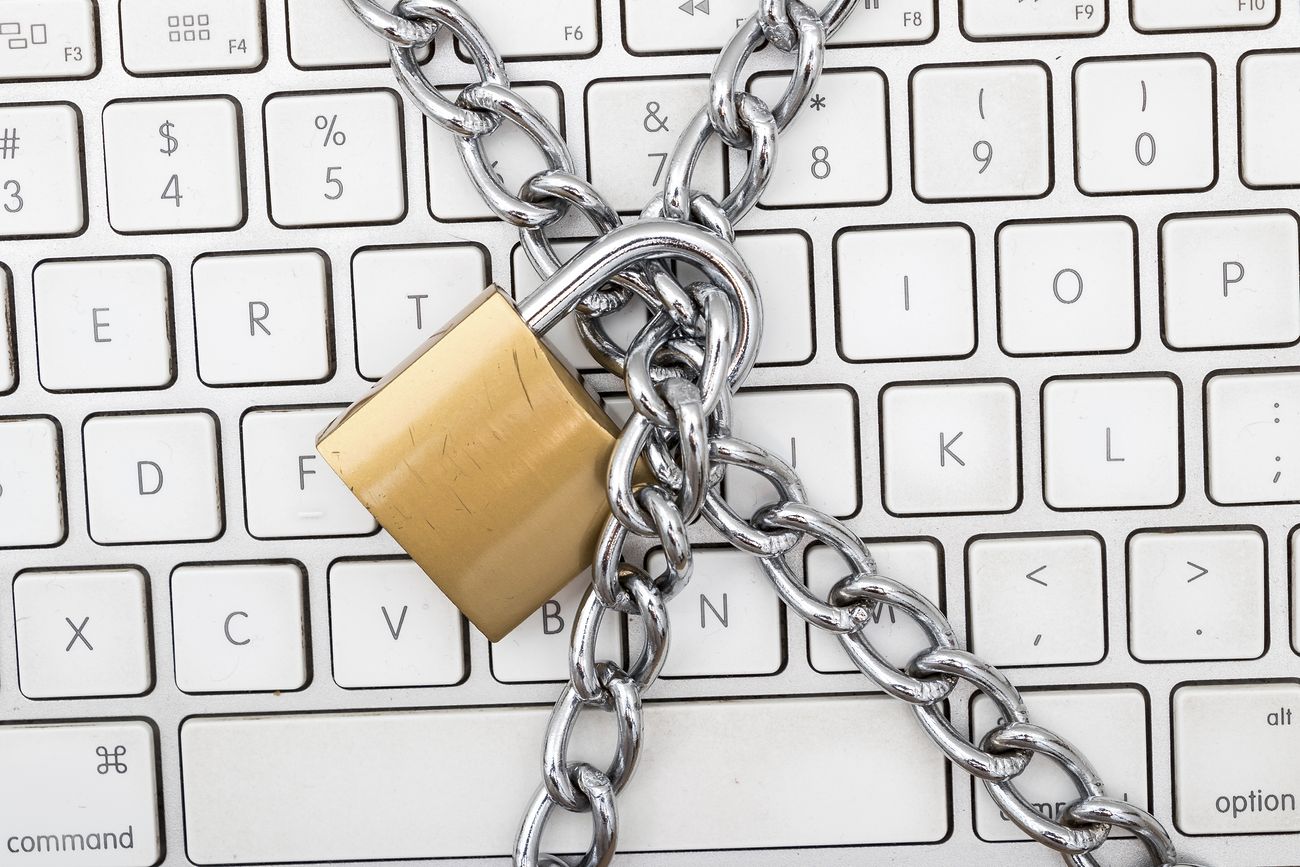In the digital age, online privacy risks are a growing concern for many internet users. From hackers to government agencies and internet service providers (ISPs), your online activities can be easily monitored and tracked. This blog post will explore the various ways these entities can compromise your privacy, and what you can do to protect yourself from these online privacy risks.
Understanding Online Privacy Risks
Online privacy risks arise when your personal information and browsing habits become vulnerable to exposure. As you browse the internet, you leave a digital footprint that can be tracked by various entities. These online privacy risks can lead to identity theft, targeted ads, and even censorship.
Hackers: A Constant Threat to Your Online Privacy
Hackers are one of the most well-known online privacy risks. They use a variety of techniques to steal sensitive data, such as login credentials, financial information, and personal data. These techniques include:
- Phishing attacks: Hackers send emails posing as legitimate companies to trick users into providing sensitive information or clicking on malicious links.
- Man-in-the-middle attacks: Hackers intercept data being transmitted between a user and a website, potentially gaining access to sensitive information.
- Malware: Hackers create malicious software that can infiltrate a user’s device and steal data or take control of the device.
Government Agencies: Keeping an Eye on Your Online Activities
Government agencies can monitor your online activities for various reasons, such as national security, law enforcement, and intelligence gathering. The extent of government surveillance varies from country to country, but some of the methods used include:
- Mass surveillance programs: Some governments collect large amounts of data on their citizens’ online activities through programs like PRISM in the United States.
- Warrantless wiretapping: Governments can intercept and monitor internet traffic without obtaining a warrant.
- Data requests: Governments can request data from ISPs, social media platforms, and other online services about specific users or groups of users.
ISPs: Tracking Your Browsing Habits
ISPs have access to all of the data that passes through their networks, which allows them to monitor and track your online activities. Some ISPs may use this information for various purposes, such as:
- Selling user data: ISPs can sell anonymized browsing data to advertisers, who use it to create targeted ads.
- Throttling bandwidth: ISPs may slow down your internet connection for specific websites or services to manage network congestion or favor their own content.
- Complying with government requests: ISPs are often legally required to provide user data to government agencies upon request.
Protecting Yourself from Online Privacy Risks
There are several steps you can take to minimize online privacy risks and protect your personal information:
- Use a virtual private network (VPN): A VPN encrypts your internet traffic, making it more difficult for hackers, government agencies, and ISPs to monitor your online activities.
- Install antivirus software: Antivirus software can detect and remove malware, helping to protect your device from hackers.
- Use secure passwords and enable two-factor authentication: Create strong, unique passwords for all of your online accounts, and enable two-factor authentication wherever possible.
- Be cautious with public Wi-Fi networks: Public Wi-Fi networks can be vulnerable to hacking, so avoid conducting sensitive activities, such as online banking, when connected to public networks.
- Stay informed about online privacy risks: Keep up to date with news and developments in the area of online privacy to better understand the risks and take appropriate steps to protect yourself.
- Regularly update your software and devices: Keep your operating system, applications, and devices up to date with the latest security patches and updates to minimize vulnerabilities that hackers can exploit.
- Be cautious when sharing personal information online: Be mindful of the information you share on social media and other online platforms, as it can be used to build a profile of you and potentially be used against you.
- Use privacy-focused browsers and search engines: Consider using privacy-focused browsers like Mozilla Firefox or Brave, and search engines like DuckDuckGo that prioritize user privacy and do not track your searches.
- Adjust your privacy settings: Many websites and online services offer customizable privacy settings that allow you to control how your data is collected, stored, and used. Take the time to review and adjust these settings to protect your privacy.
- Educate yourself about common scams and phishing attacks: Stay informed about the latest scams and phishing tactics to avoid falling victim to hackers looking to steal your personal information.
By implementing these strategies, you can significantly reduce the online privacy risks you face and enjoy a safer and more secure online experience. It’s essential to remember that no solution is foolproof, but being proactive and taking the necessary precautions can significantly reduce the chances of your privacy being compromised.
In conclusion, navigating the world of online privacy risks can seem daunting, but being aware of the threats and taking steps to protect yourself can help you stay safe in the digital age. By using VPNs, keeping your software up to date, being cautious with your personal information, and staying informed about privacy issues, you can minimize your exposure to online privacy risks and maintain control over your personal data.


